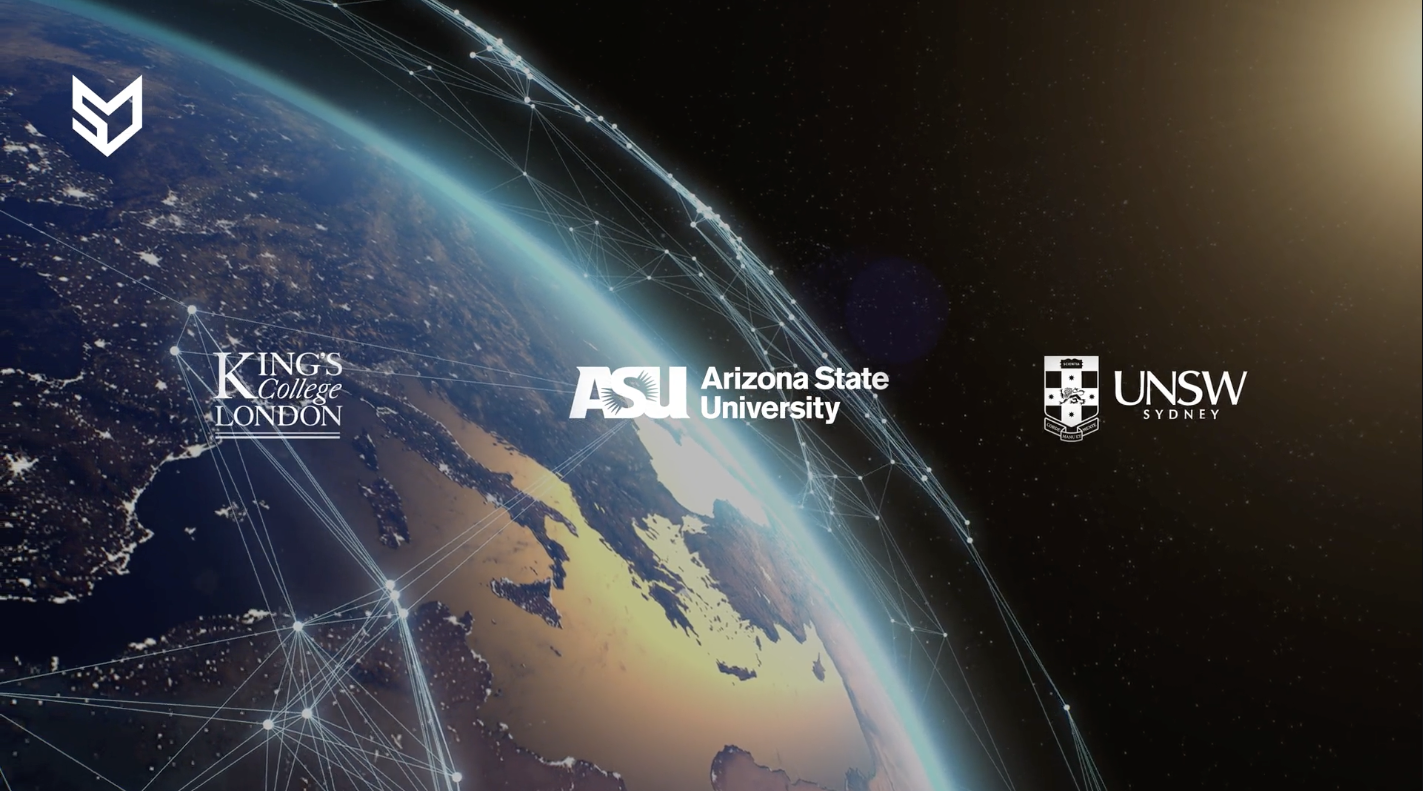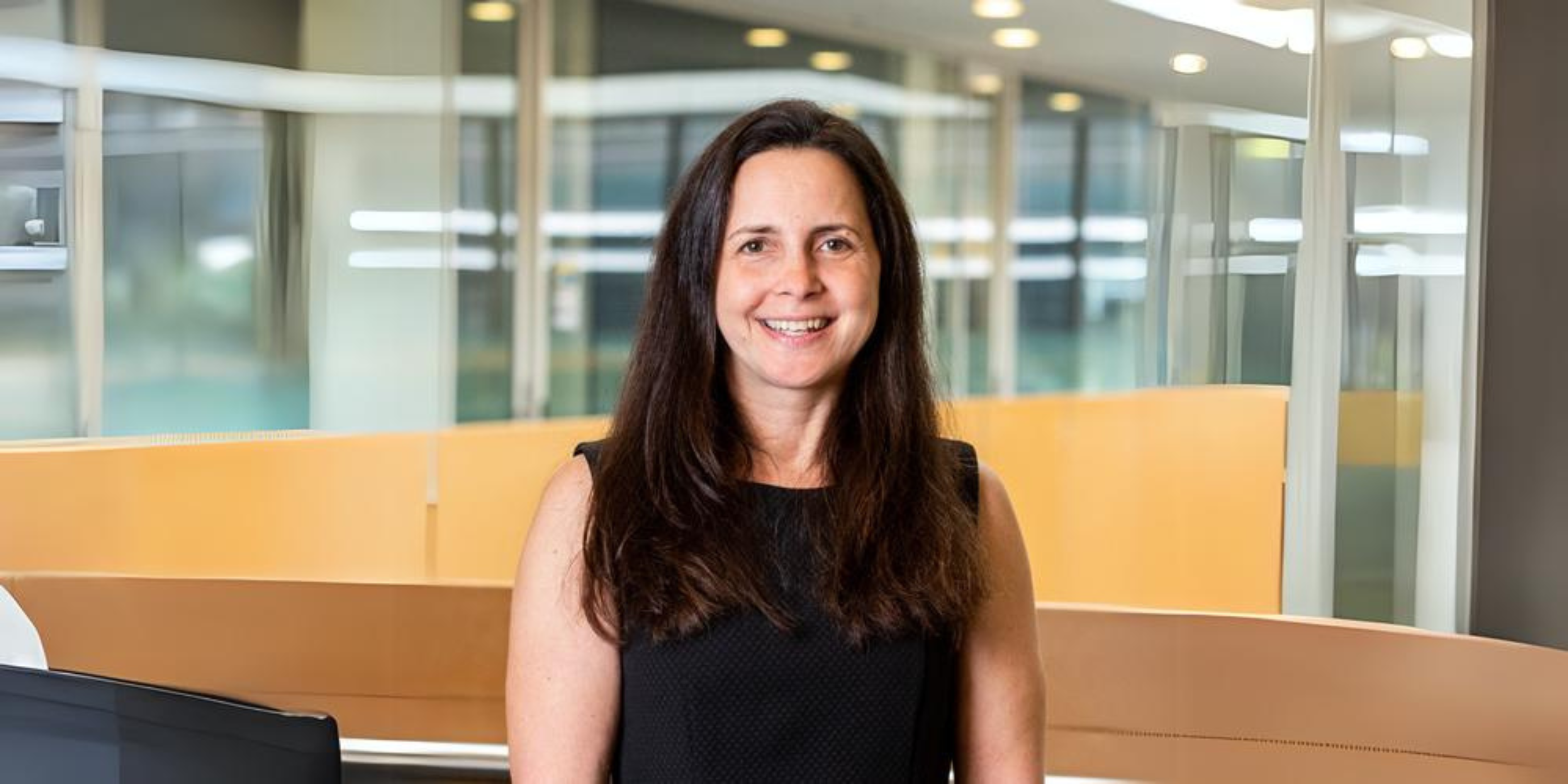King’s College London, Arizona State University and UNSW Sydney – just like leading research-intensive universities around the world – have been at the forefront of COVID-19 research. This work includes ways to trace the pandemic, how to monitor and extrapolate its trajectory, designing medical equipment to help those infected, developing ways to protect those who come into close proximity to the virus from harm, and looking at interventions to help people overcome the impact on mental health. We are pleased to share a snapshot of the projects.
Arizona State University has responded to the coronavirus crisis by ramping up a massive initiative to design, produce and distribute critically needed personal protective equipment and other medical supplies and a saliva based COVID-19 test.
Not only is ASU continuously fabricating gear to protect health care workers, it’s also leveraging its size and speed to activate the entire community to fulfill the need.
https://asunow.asu.edu/20200416-arizona-impact-luminosity-lab-3d-printing-health-care-ppe
King’s College London - Mental health research must be higher priority in COVID-19 response
There is an urgent need to tackle the harmful impacts of the COVID-19 pandemic on mental health and potentially the brain, and for research on these areas to be central to the global response to the pandemic, according to a new position paper.
ASU scientific team finds new, unique mutation in coronavirus study
https://biodesign.asu.edu/news/asu-scientific-team-finds-new-unique-mutation-coronavirus-study
Diversity in Science - King's College London and UNSW academics contribute to an important essay examining the many ways of promoting diversity in science.
https://www.kcl.ac.uk/news/diversity-in-stem
https://newsroom.unsw.edu.au/news/science-tech/diversity-science-%E2%80%98crucial%E2%80%99-essay
Arizona State University have developed a new saliva based COVID-19 test, which is easy to administer and cheaper to process than previous tests. Find out more at the link
King’s College London - Six distinct 'types' of COVID-19 identified
Analysis of data from the COVID Symptom Study app, led by researchers from King’s College London, reveals that there are six distinct ‘types’ of COVID-19, each distinguished by a particular cluster of symptoms.
https://www.kcl.ac.uk/news/six-distinct-types-of-covid-19-identified
King’s College London - Spotlight on COVID:
How engineering is contributing to vaccine manufactureIn this Spotlight on COVID interview, Harris Makatsoris, Professor of Sustainable Manufacturing Systems at King's College London, discusses how his novel process of intensification technology for vaccine production has helped to scale up production of the COVID-19 vaccine substances discovered by his fellow scientists. His innovative ‘factory-in-a-box’ solution enables vaccines to be manufactured quickly where they are needed, such as in hospitals.
UNSW Spotlight on the work of Dr Adam Clarke, Epidemiologist and Lecturer on the Bachelor of International Public Health degree
Often called “Disease Detectives”, epidemiologists search for the cause of disease, identify people who are at risk, determine how to control or stop the spread or prevent it from happening again. During this current pandemic, epidemiologists have played a critical role in supporting the activities of state health departments in identifying the populations at risk and the trends occurring in the case numbers.
https://www.plusalliance.org/press-room/important-role-epidemiologists-during-covid-19-pandemic
King’s College London - One in five people have COVID-19 without symptoms
A new antibody testing study led by researchers at King’s College London has found that one in five people in London and the South East who have been infected with coronavirus didn’t show any symptoms of COVID-19.
https://www.kcl.ac.uk/news/one-in-five-people-have-covid-19-without-symptoms
Dr Holly Seale – PluS Alliance Fellow, UNSW Co-contributor
Evidence to date indicates that patients from ethnic minority backgrounds may experience disparity in the quality and safety of health care they receive due to a range of socio-cultural factors. Although heightened risk of patient safety events is of key concern, there is a dearth of evidence regarding the nature and rate of patient safety events occurring amongst ethnic minority consumers, which is critical for the development of relevant intervention approaches to enhance the safety of their care.
https://www.ncbi.nlm.nih.gov/pmc/articles/PMC7346414/
Professor Raina MacIntyre, PLuS Alliance Fellow - Elimination of COVID-19: what would it look like and is it possible?
The concepts of disease elimination and eradication mostly relate to immunisation programme outcomes. Disease eradication is the global reduction of infection to zero cases, whereas disease elimination is the absence of sustained endemic community transmission in a country or other geographical region. Are travel restrictions the most effective weapon?
https://www.thelancet.com/journals/laninf/article/PIIS1473-3099(20)30633-2/fulltext


